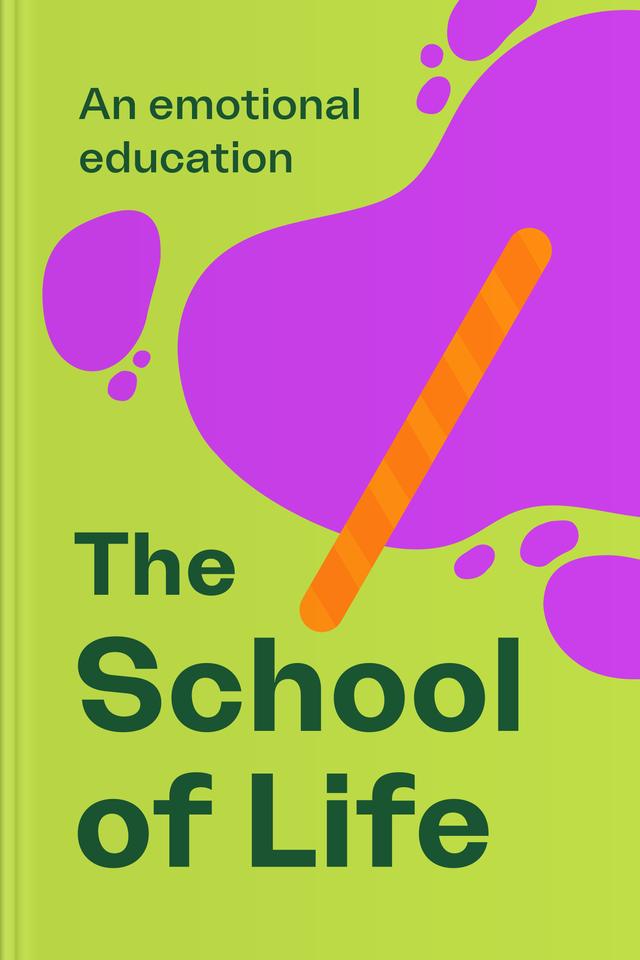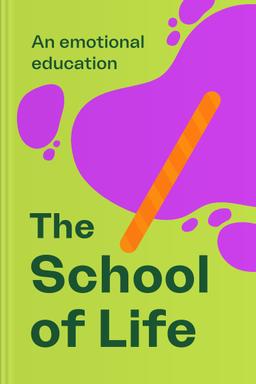You’ll learn
- Why do emotions drive you
- How can you rewire your feelings
- What gives away your emotional state
- How does your past shape you
Protect the world’s peace. Donate to support Ukraine

first KEY POINT
Humans are essentially emotional creatures, everything we do in life is driven by emotions. Many people don't realize this since it seems like logic takes the precedence in our daily decisions and actions, but the truth is, we're always more emotional than logical.A few examples. Emotions dictate our buying decisions, not logic. We're committed to our intimate partners because of how they make us feel not necessarily what we think about them. The way we dress, the careers we pick, the cycle of friends we keep, etc, are all driven by emotions.But it's sad that our emotions haven't been given the kind of consideration they deserve.We've advanced so much in our understanding of science and technology. And we've come up with witty inventions that are making our lives easier. One can categorically say that we're a well advanced civilization. But when it comes to the emotional and psychological aspects of our lives, we don't seem to have made so much progress. It's true that we've grown in our understanding of the human mind and how emotions and habits work, but outside the academic communities specializing in these disciplines many people are still in the dark.
We've been programmed to prioritize scientific information and the skills that would earn us money, above the understanding of who we are. The average parent is more concerned about their kids scoring high grades in school than they are about their emotional wellbeing. And the result of this negligence is a rich society that doesn't know anything about emotional intelligence. Topics along these lines aren't taught in school, unless you specifically enrolled for them. People don't know how to introspect and communicate, or how to read the moods of others, or even how to relate with patience, charity and imagination when people around them are suffering.But you'll be different because the chapters that follow are going to teach you the basics of emotional intelligence and help you avoid unnecessary problems.
second KEY POINT
Most of what destroys our lives can be linked to emotions that we didn't consciously examine or interpret in time. When toxic emotions linger in our subconscious, they will grow to become even more toxic. For example, envy and rage from past relationships can grow if we let them linger for long. When they begin manifesting in our new relationship, the effect can be disastrous. And the tricky part is that we often can't tell the origins of our emotional outbursts, until we take the time to carefully examine our pasts.This brings us to a very important question: how are emotions formed and where do they come from? To begin with, emotions are a part of the mind. They help us react to circumstances happening around us. Emotions can be positive, neutral or negative. The mistake is to think certain emotions are bad, but even the negative ones aren't bad in themselves because we need them to function effectively as humans. Imagine you never get angry or feel irritated at anything! There is no way you would know when to stay away from destructive situations.

Continue reading with Headway app
Continue readingfirst KEY POINT
second KEY POINT
third KEY POINT
fourth KEY POINT
fifth KEY POINT